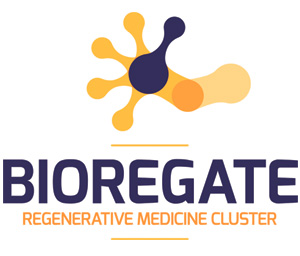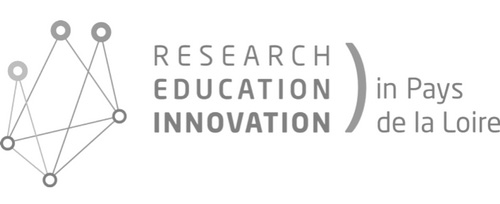Skills/Expertise
- Human, murine and rat pluripotent stem cells
- Somatic cells reprogrammed to generate induced pluripotent stem cells (for example: fibroblasts). Reprogramming based on transient expression, with no injection of specific transcription factors of pluripotent stem cells in the genome
- Training covering the methods and areas of expertise of the core facility
- Opportunities for developing new activities in connection with local academic partners: cell differentiation (cardiomyocytes, hepatocytes) and CRISPR genome-editing
Main areas of application of iPSC cells include
- Developmental Biology: pluripotent stem cells allow for in-vitro study of cell fate determination in the embryonic ectoderm.
- Physiopathology: involves patient cell reprogramming, followed by differentiation into cells of interest for understanding the underlying causes of disease.
- Pharmacological screening: pluripotent stem cells provide unlimited access to specialized human cells after differentiation. This allows for in-vitro screening of molecules of pharmacological interest.
- Regenerative Medicine: the transplantation of differentiated cells generated from pluripotent stem cells is a promising strategy for illnesses caused by tissue degeneration.
Specific technologies
The iPSC Core Facility includes an L2 laboratory (in compliance with safety requirements for biological hazards), and is equipped with 3 MSCs (Microbiological Safety Cabinets) and 4 incubators, 2 of which are reserved to outside projects.
Collaboration modalities
Research collaborations and service provision to public and private players. The facility objective is to bring scientific and technical support to any team which could lead a project integrating pluripotent stem cells. Each request is studied on a case-by-case basis. It can also help in fundraising requests for collaborative projects.

